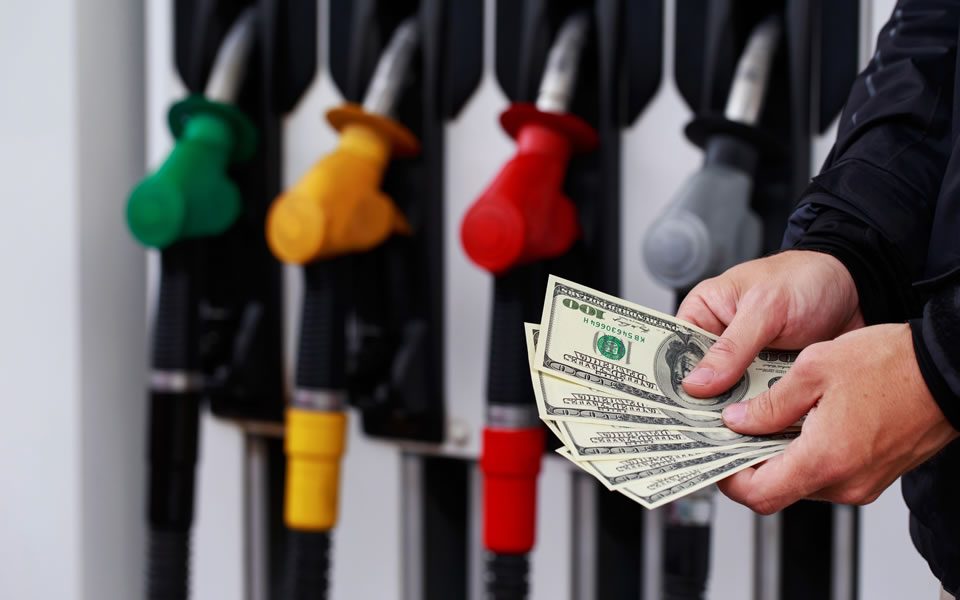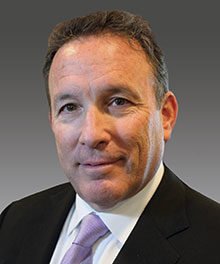Pain at the Pumps

Gas prices have been soaring since the invasion of Ukraine. The national average has hit $4.24 a gallon, and in some cities, prices are even higher. In Los Angeles, gas now costs $6 a gallon, adding new pain to freeway driving. Meanwhile, oil prices reached nearly $120 a barrel this week, sending the Dow falling. I personally paid $5.10 per gallon last week in Florida.
With fuel prices skyrocketing and inflation at a 40-year high, many Americans, and particularly those with modest incomes, are struggling to make ends meet. Legislators are already proposing a variety of relief measures, like energy rebate programs.
But even if one of those measures passes, we’re likely to see a knock-on effect from the energy crisis for months. Employers are already facing worker shortages from the Great Resignation. If their employees can’t afford to fill their tanks, staffing challenges are likely to get worse before they get better.
Meanwhile, companies in energy-intensive industries like transportation, shipping and manufacturing will have to cope with higher fuel costs. Uber, Lyft and Instacart have already added gas surcharges, and it probably won’t be long before we see many other companies follow suit. That’s going to hit consumers in their pocketbooks.
The hospitality industry could also take a beating. Vacations could turn into staycations if Americans decide gas prices are too high to make it worthwhile to drive to the Grand Canyon or Florida and decide to invest in a backyard swimming pool instead. Cancelled vacations are the last thing the tourism and hospitality industries need at the moment, after two years of pandemic life.
But just as with COVID-19, we have no choice but to stay resilient and find ways to adjust. With the weather warming up, it does seem like more people are taking the opportunity to dust off their bicycles and scooters and squeeze in a workout on the way to work. Amazon just offered its workers in Seattle a $170 a month commuter benefit for pedaling to the office in what could be the start of a new trend. All of this outdoor activity is apparently shaping up to be a good thing for bike and motorcycle shops, which are reporting a strong start to 2022. Perhaps the biking boom will keep cars off the road and leave the air a little cleaner, improving our collective carbon footprint.
Unfortunately, the fuel crisis is not going to resolve itself overnight, given the dire situation in Ukraine. Hopefully, we won’t see a repeat of the gas lines of the 1970s, but you never know. In the meantime, business leaders will need to keep a keen eye on both operations and costs in the months ahead to streamline overhead. Having adequate cash reserves will no doubt be an important insurance policy for the remainder of 2022.
